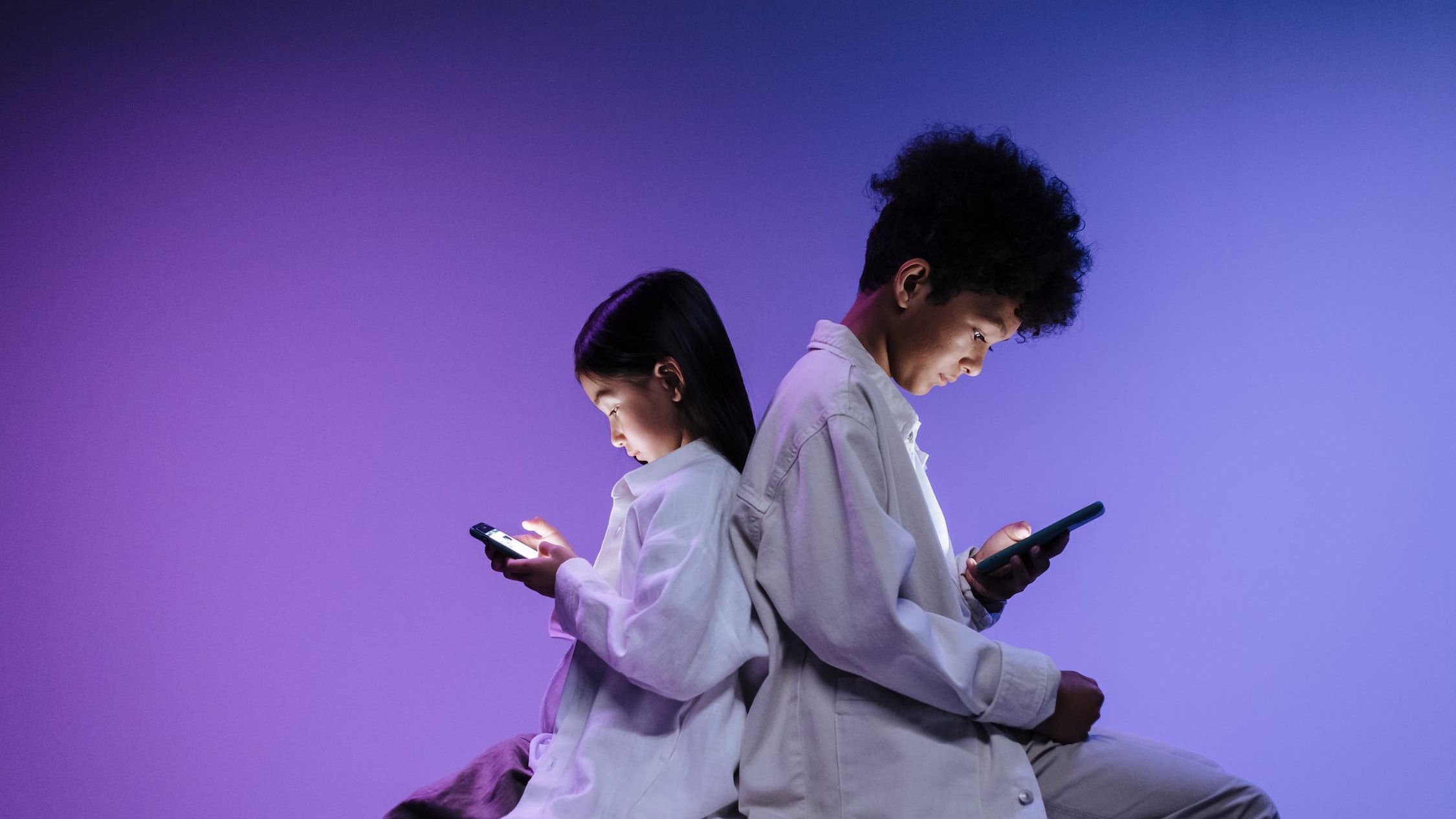Ep. 80 - Unlocking the Power of Social Media: Strategies for a Healthy Balance and Thriving Wellbeing
Jun 07, 2023
Social media has become a ubiquitous aspect of our lives, providing endless opportunities for connection, entertainment, and information. However, as social media usage continues to rise, so do concerns about its impact on mental health and wellbeing, particularly among children and adolescents. In this episode, Dr. Julia Brailovskaia joins us to explore the benefits of moderating social media usage and strategies for achieving a healthy balance.
Dr. Brailovskaia is a researcher in the field of clinical psychology and psychotherapy, with a focus on internet addiction, depression, anxiety, and stress. Her work has shown that excessive social media use can be linked to various negative outcomes, including anxiety, depression, and loneliness.
One of the main concerns surrounding social media usage is the potential for addiction. Social media platforms are designed to be engaging and often employ strategies to keep users hooked, such as push notifications, personalized content, and the use of likes and shares as a form of reward. For children and adolescents, who may have limited impulse control and decision-making abilities, these features can make social media particularly addictive.
To prevent social media addiction, Dr. Brailovskaia recommends setting clear boundaries and limitations on usage. This can include setting a specific time limit for social media use each day or limiting usage to certain times of the day, such as after completing homework or before bedtime. Parents can also consider using parental controls or monitoring software to track their child's social media usage and prevent excessive use.
Another important aspect of moderating social media usage is understanding the risks associated with specific platforms. Some social media platforms, such as Instagram and Snapchat, have been linked to higher rates of anxiety and depression in young people, while others, such as Twitter and Facebook, have been associated with more positive outcomes, such as increased social support and connection. Parents can help their children navigate these risks by discussing the potential consequences of different platforms and encouraging them to use social media in a positive and productive way.
In addition to setting boundaries on usage and understanding the risks of specific platforms, Dr. Brailovskaia recommends focusing on building healthy offline relationships and activities. Spending time with friends and family, engaging in hobbies and interests, and participating in physical activity can all provide important benefits for mental health and wellbeing. By prioritizing these offline activities, children and adolescents can develop a healthy balance between social media usage and other aspects of their lives.
Finally, Dr. Brailovskaia emphasizes the importance of modeling healthy social media habits as parents. Children often learn by example, and if parents are constantly on their phones or scrolling through social media, it sends the message that social media is a priority over other aspects of life. By setting a positive example and prioritizing offline activities and relationships, parents can help their children develop a healthy relationship with social media.
Social media has become an integral part of our lives, but it is important to be mindful of its potential risks and to take steps to achieve a healthy balance. By setting clear boundaries on usage, understanding the risks associated with specific platforms, prioritizing offline activities and relationships, and modeling healthy habits as parents, we can help our children develop a positive relationship with social media and promote their overall mental health and wellbeing.
You can find more about Julia’s research on Google Scholar.